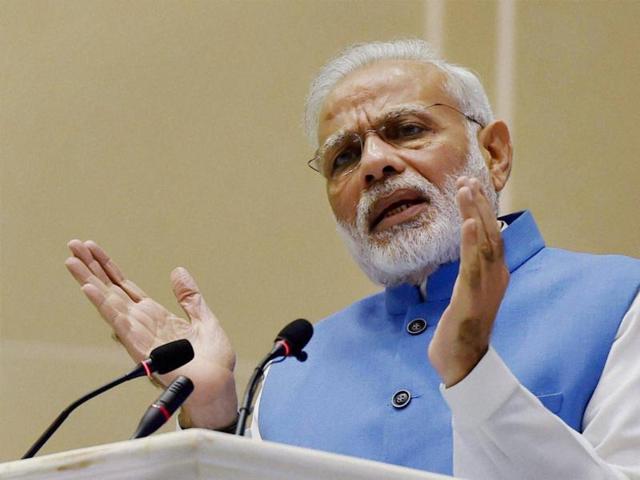Govt is trying to curb corruption with the aid of technology: PM Modi
Corrupt officials are often good at their work, creative enough to come up with ingenious ways to make money and willing to brazen it out if caught.
Corrupt officials are often good at their work, creative enough to come up with ingenious ways to make money and willing to brazen it out if caught.

Yes, it is tough catching the corrupt.
Prime Minister Narendra Modi on Monday, at a Central Vigilance Commission function here, pitched a workaround to deal with the problem, saying his government was trying to deal with corruption on the back of technology, transparency, and clear-cut policies that leave nothing to discretion.
Modi conceded that there was widespread perception that “my fraternity” — the political class — was the most corrupt. This perception was so deep-rooted, he said, that sometimes others exploited it to their advantage though the politician might not be involved at all.
But this perception made people worry. Modi suggested his task was to reassure people about their intentions. Once people are convinced, they would be willing to play by the rules even if it means some inconvenience, he said, asserting that “a poor country such as India did not have the luxury for corruption”.
Sprinkling his address with anecdotes on how the corrupt made money, or tried to get away, Modi asked civil servants not to be so secretive about their legislative proposals. “Sometimes secrecy can be dangerous,” he said, pointing that the government would be able to come up with better laws if it goes public with their version of the proposed law and invite comments.
The public response could expose a vested interest within the government that may have pushed a particular provision. Even if this is not the case, Modi said, it is possible that someone from the public comes up with a valid point that the officials may have missed out in all honesty.





